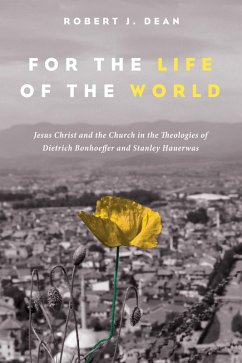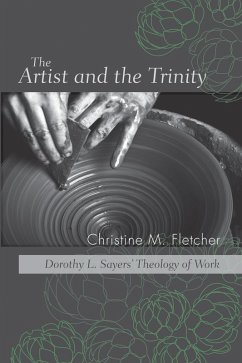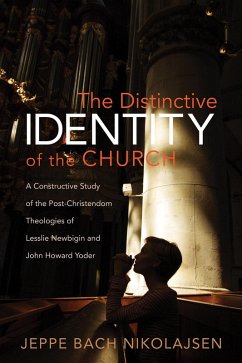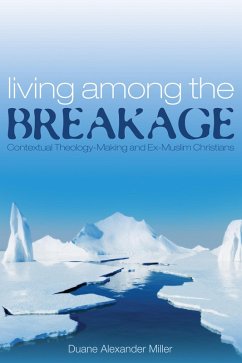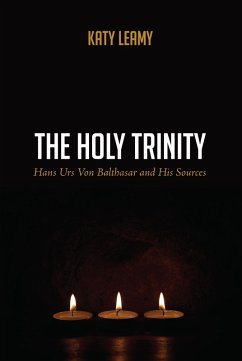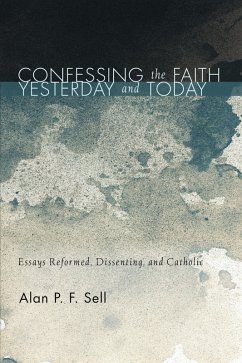
The Perception of Christianity as a Rational Religion in Singapore (eBook, ePUB)
A Missiological Analysis of Christian Conversion

PAYBACK Punkte
11 °P sammeln!
This book evaluates the common criticism that Christianity in Asia is westernized. Since the 1980s, Asian evangelical theologians and missiologists argue that the intrusion of Western theology is responsible for the Western and, hence, alien expressions of Christianity in Asia. Yet, in Singapore, the number of Christians has increased over the last few decades. Empirical evidence demonstrates that younger Chinese Singaporeans convert from Buddhism or Taoism to Christianity partly because they perceive it as a "rational" religion over Buddhism or Taoism, which are viewed as "irrational" or "sup...
This book evaluates the common criticism that Christianity in Asia is westernized. Since the 1980s, Asian evangelical theologians and missiologists argue that the intrusion of Western theology is responsible for the Western and, hence, alien expressions of Christianity in Asia. Yet, in Singapore, the number of Christians has increased over the last few decades. Empirical evidence demonstrates that younger Chinese Singaporeans convert from Buddhism or Taoism to Christianity partly because they perceive it as a "rational" religion over Buddhism or Taoism, which are viewed as "irrational" or "superstitious." Not only do many converts favor Christianity as a rational religion, but they do not regard Christianity as a Western religion at the point of their conversion. What accounts for those recent developments? This study explores the processes of modernization and globalization as important factors, impacting religious change in Singapore. Personal, contextual, and structural elements actually influence one's religion of choice. In facilitating effective mission, one must qualify the use of the categories, "Asian" and "Western," because religious and cultural boundaries overlap. What matters most in missiology is discerning how the gospel of Jesus Christ engages the self-understanding and lived realities of ethnic and religious others in diverse cultural settings.
Dieser Download kann aus rechtlichen Gründen nur mit Rechnungsadresse in A, D ausgeliefert werden.




